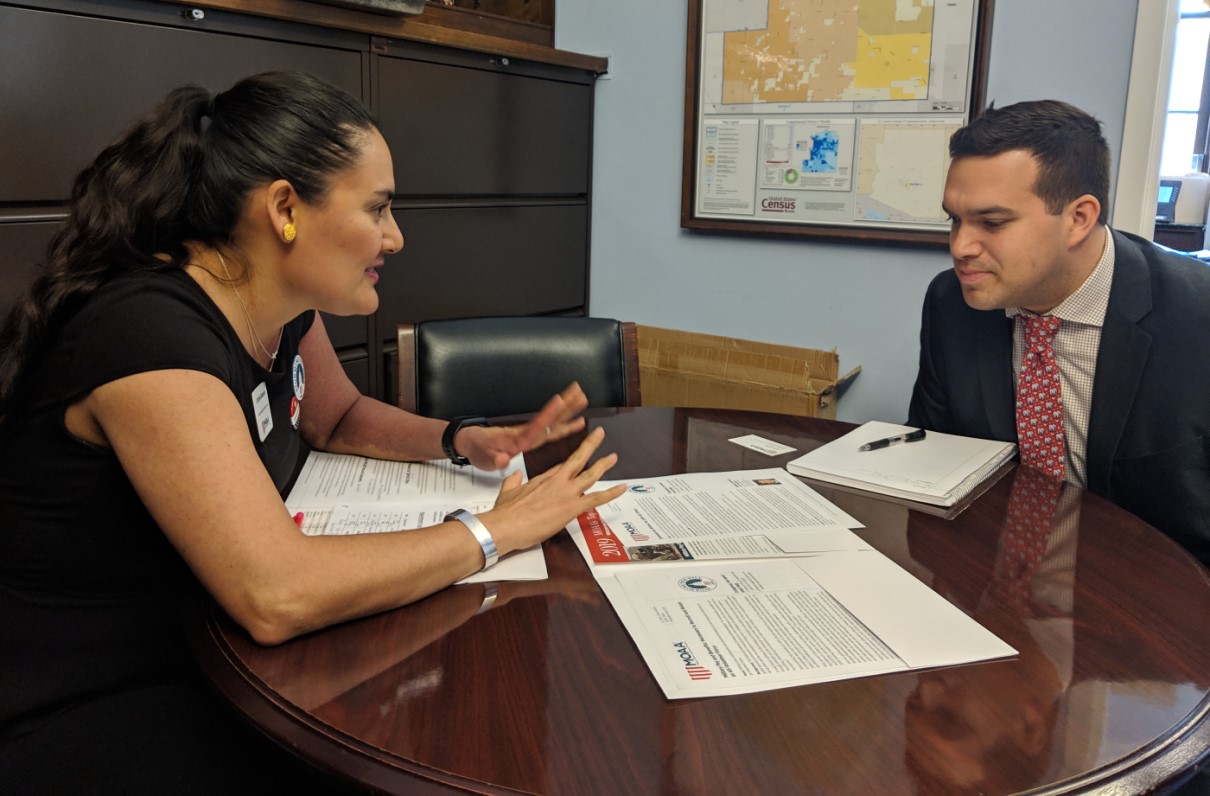The Navy and Coast Guard this week both announced procedures for military spouses to obtain up to $500 in licensure reimbursement, following similar announcements in May from the Army, Marine Corps, and Air Force.
The implementation language is similar to that already released by the other services. However, the Navy has specifically included a provision to allow military spouses moving from overseas to take part in the reimbursement program.
Currently, the law specifically states that military spouses can be reimbursed moving from one state to another state. This does not cover situations where a military spouse is moving from an overseas duty station to a new state. While the other services are sticking specifically to the policy of state to state moves, the Navy has specifically allowed for military spouses moving from overseas to be reimbursed as well.
[READ THE CHART: Get All the Reimbursement Rules Here]
MOAA intends to see this language changed in law and in the policy of each service so that all military spouses moving from overseas can be eligible for licensure reimbursement.
The licensure reimbursement policy has received a lot of attention from Congress, military service organizations and other nonprofits, from scrutiny for late implementation to considerations of increasing the amount to $1,000. That increase was past in the House Armed Services Committee’s version of the FY 2020 National Defense Authorization Act.
In an effort to offset relicensing costs further, Army Emergency Relief (AER) is providing up to $2,500 of additional reimbursement assistance if needed after the Army’s initial $500 reimbursement.
To learn how to apply for reimbursement through your service, including links to some of the required documents, check out this chart.




